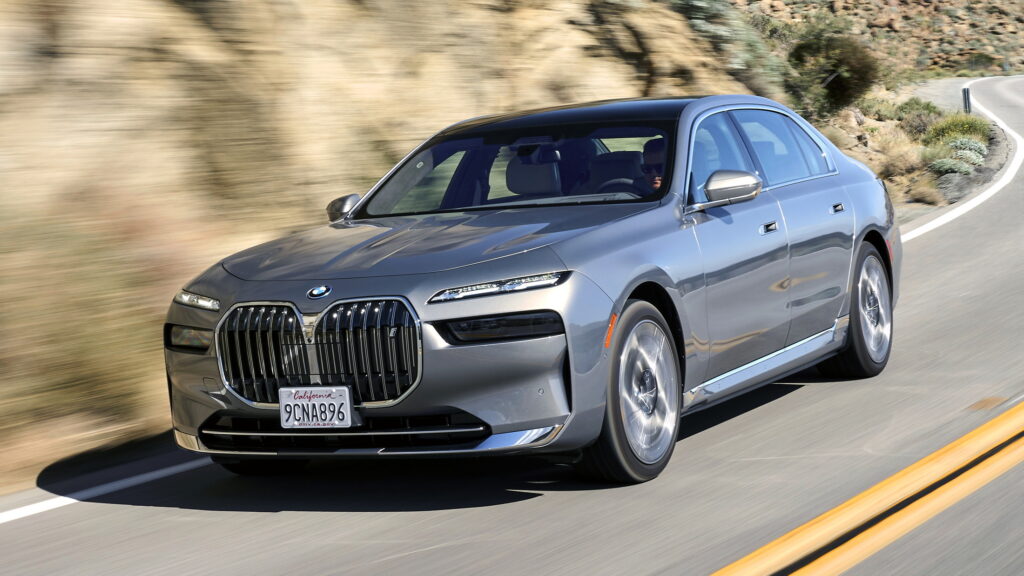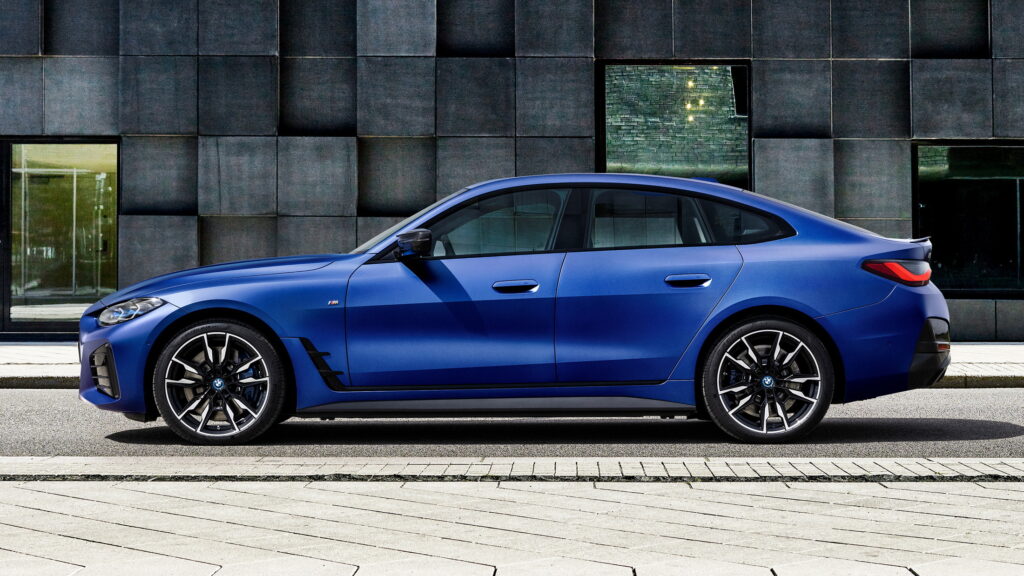Owners will be notified of the recall on September 5
32 minutes ago

- BMW is recalling 136 electric vehicles in the U.S. due to battery module frame risks.
- Incorrect assembly pressure may cause battery modules to fail after repeated charging
- Dealers have been instructed to replace specific battery modules of impacted models.
Less than a month ago, BMW announced a recall impacting more than 70,000 of its electric vehicles, revealing a software issue that could cause the high-voltage system to shut down unexpectedly. Fast forward to July, and the German brand has issued another recall for several of its EVs in the United States. This time, the recall is also related to battery cell modules that may have been assembled incorrectly.
Read: BMW Recalls Thousands Of EVs That Can Lose Power While Driving
According to the recall notice, the issue stems from the process of compressing individual battery cells to form a single module. In this case, BMW says the force used to combine the cells within the module may have exceeded its specifications. This means that over the lifetime of the vehicle, and when combined with repeated charging sessions, the module frame could fail.
What Can Go Wrong
If the frame does weaken or fail, it could lead to a shutdown of the high-voltage system. This would result in a total loss of propulsion, creating a potential crash risk. There’s also an increased chance of fire if a failure occurs.
The recall impacts a total of 136 vehicles. Oftentimes, only a small percentage of affected vehicles are thought to have the issue. That’s not the case here, as BMW believes that all 136 vehicles have battery cell modules that may not have been assembled to specifications.

Those include 2022-2025 BMW iX models manufactured from November 3, 2021, and February 14, 2024, as well as 2023-2024 BMW i7s built from June 12, 2023, to July 19, 2023, and 2022-2023 BMW i4s assembled from June 2, 2022, to May 11, 2023.
Notably, vehicles involved in the recall may not suffer from any issues for quite some time. In its analysis, BMW says that damage to the module frame of impacted models may not occur until the latter part of 2026. Nevertheless, it’s decided now is the time to issue a recall.
Owners will begin receiving notification letters on September 5. Dealers have already been instructed to replace the affected high-voltage battery cell modules on all impacted vehicles.


